Don’t Buy a Home Until You Ask These Utilities Questions
Buying a house isn’t only about the kitchen layout or the size of the yard. What really determines how comfortable—and affordable—your life will be are the things you can’t easily see: the utilities that keep the place running day after day. If they’re old, unreliable, or poorly maintained, you could end up dealing with surprise costs and constant headaches. Asking the right questions up front can save you from finding out too late that your dream home comes with expensive problems built in.
How Much Do Utilities Cost Each Month?
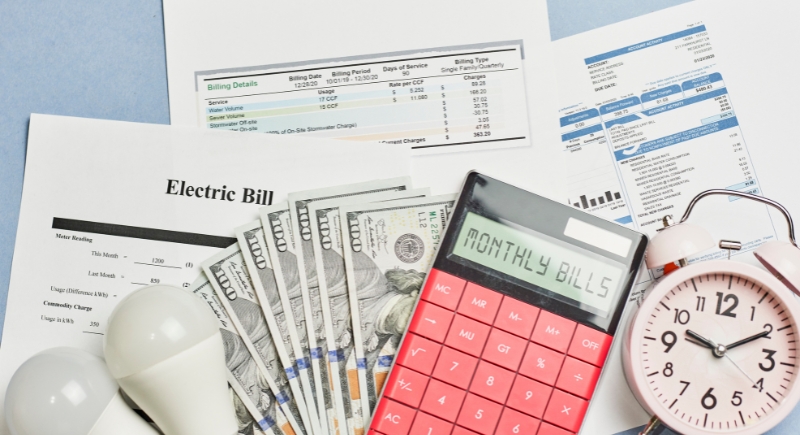
Credit: Canva
According to the U.S. Department of Energy, the national average for electricity, gas, water, and internet hovers around $330 per month. But averages don’t reflect local quirks or outdated systems. Sellers should be able to provide you with past bills, ideally a full year’s worth. That way, you’ll see whether summer AC or winter heating will send your budget into panic mode.
Does This House Share Utility Lines With Neighbors?
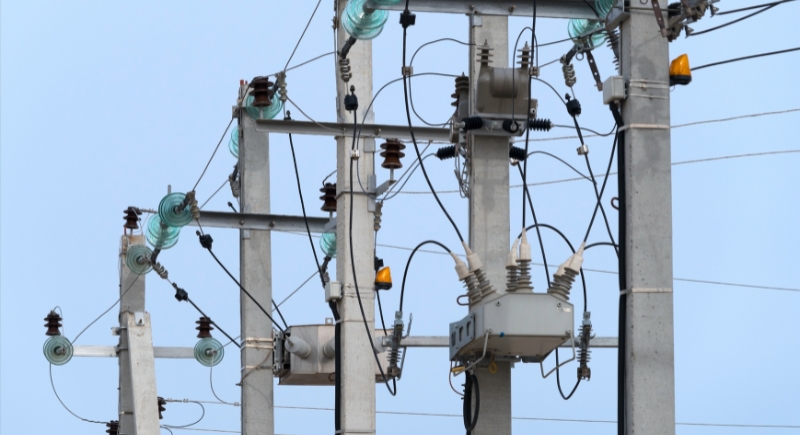
Credit: Canva
Older homes, particularly row houses and duplexes, often share water or gas lines. It’s not always obvious, but it can complicate everything from billing to renovations. Cities sometimes require homeowners to separate lines, and the costs can be steep. Before you buy, confirm that every utility serving the property is dedicated solely to it. Otherwise, you could be funding both your electric car and the neighbor’s fridge.
Is There A Smart Meter Installed?
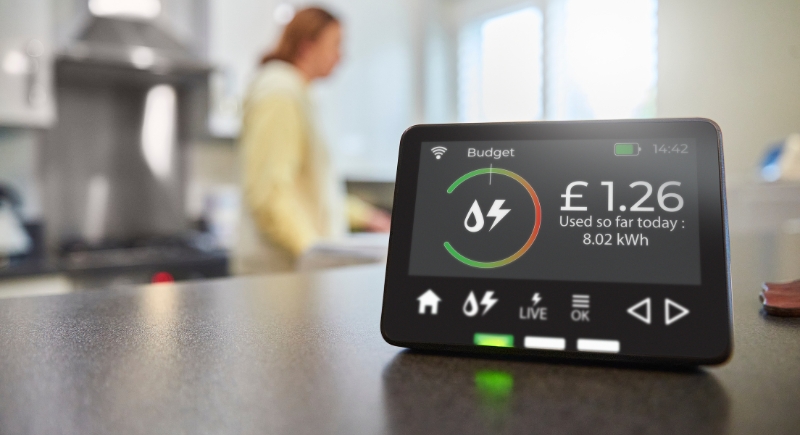
Credit: Getty Images
Most U.S. homes now use smart meters, which send real-time data straight to the utility company. Ask the seller what type is installed, and whether the meter is accessible without letting utility workers traipse through your house. If your future home hasn’t caught up, you could be stuck with manual readings or “estimated” bills that swing wildly.
How Reliable Are The Utilities Here?
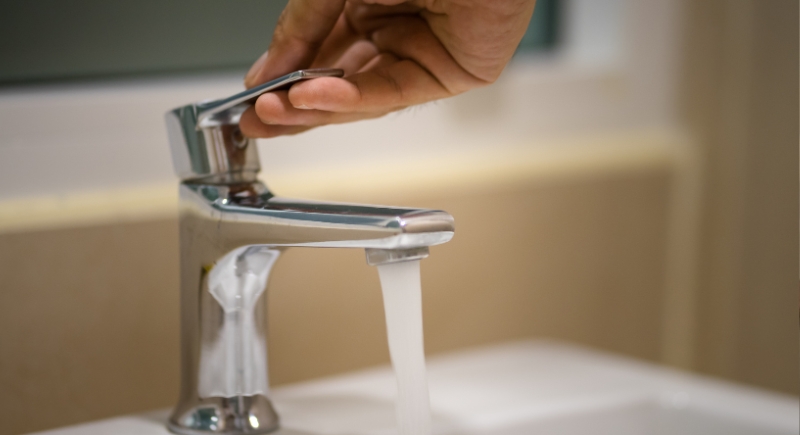
Credit: Getty Images
Turning on a faucet or flipping a switch during a showing doesn’t tell you much. What matters is how the systems hold up when demand is high or the weather turns rough. Ask the seller if the lights tend to flicker during storms, whether the internet slows down in the evenings, or if the neighborhood has a history of water main breaks.
What’s The Age Of The HVAC And Water Heater?
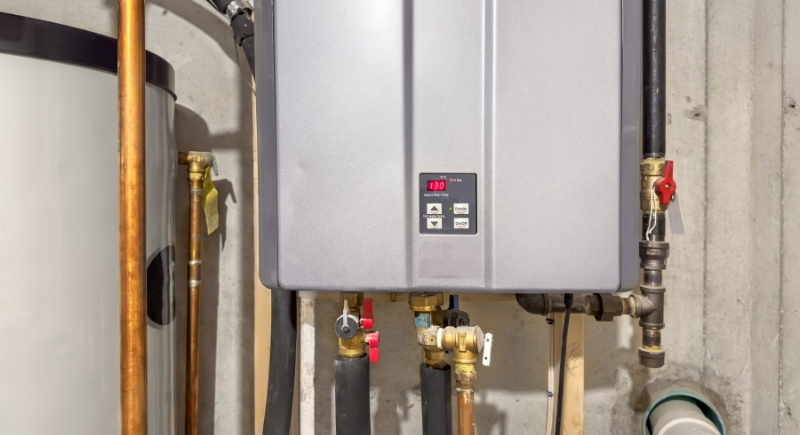
Credit: Getty Images
Don’t rely on a quick reassurance that the systems are “working fine.” The real question is how old they are and whether they’ve been maintained. HVAC units typically run for 15 to 20 years, and water heaters for 8 to 12. Replacements are expensive, and many lenders require these systems to be functional before they approve a loan. Ask for installation dates and service records so you know what to expect.
Where Are The Utility Meters Located?
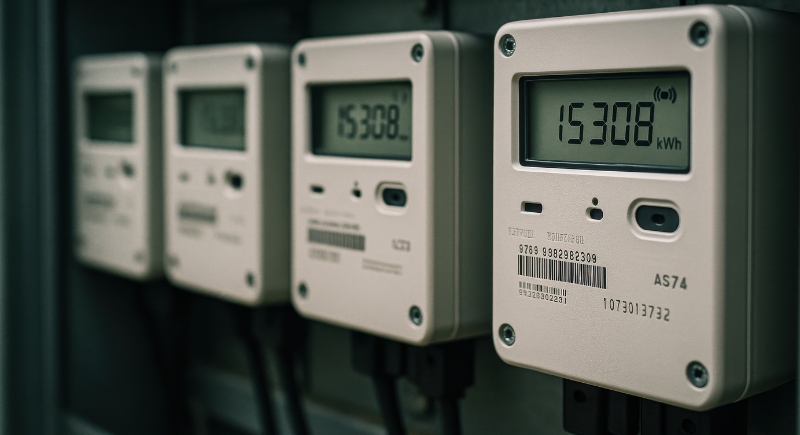
Credit: Canva
If the meters are jammed in a basement corner or buried behind garage junk, every reading turns into a mini workout. Some older homes even place them inside, which means the utility worker might stroll through your living room now and then. It’s not a deal breaker, but it’s definitely something to notice. Easy access today saves you from weird interruptions tomorrow.
What Condition Is The Roof In?
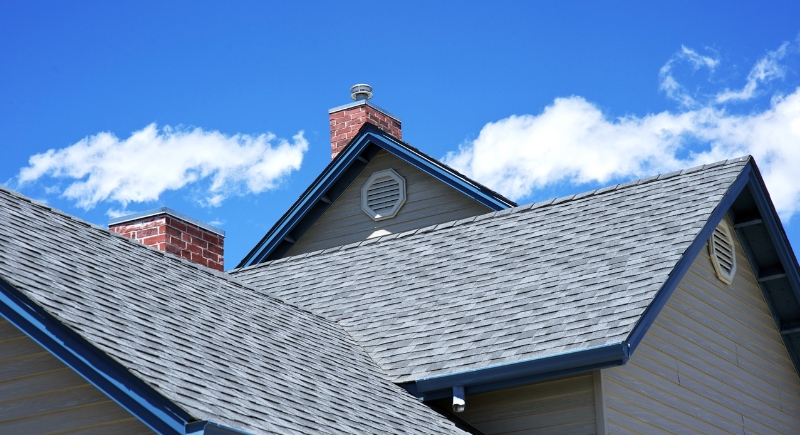
Credit: Canva
It can play a bigger role in your utility bills than you’d think. Bad insulation lets heat escape in winter, while dark shingles make summer cooling tougher. In some cities, the size of the roof even affects stormwater fees. Ask about its age, repairs, and insulation. An aging roof doesn’t only cost in shingles but also sneaks money out of your utility budget.
How Energy Efficient Is The Property?
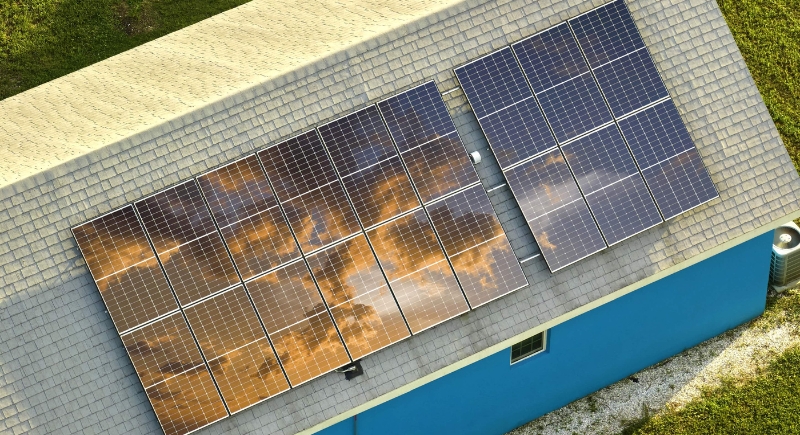
Credit: pixabay
A home’s efficiency often comes down to the basics: insulation, windows, and the condition of heating and cooling systems. Older setups usually mean higher utility costs, while upgrades can make a noticeable difference month to month. If the house hasn’t had efficiency improvements, you’ll need to plan for bigger bills or budget for updates after you move in.
Are There Subsidies Or Assistance Programs Available?
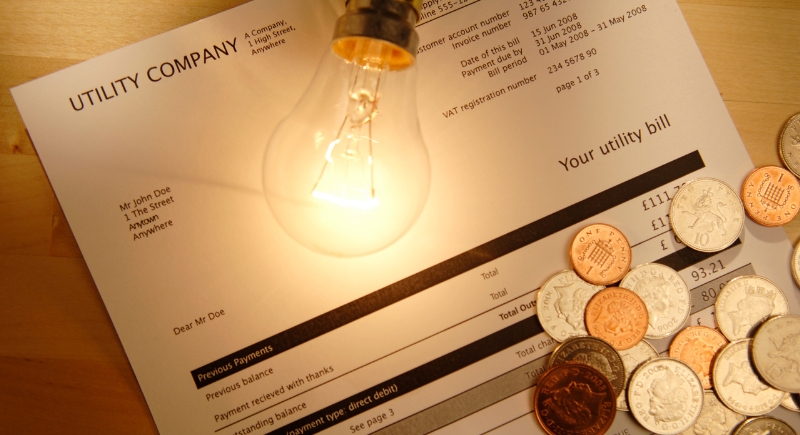
Credit: Getty Images
Many states and cities offer programs that can lower utility costs or provide support during difficult times. Some are income-based, while others are tied to the property through local energy or infrastructure initiatives. It’s worth asking if the home qualifies for rebates, efficiency tax credits, or bill assistance programs. Even if you never need them, knowing what’s available can give you some extra peace of mind.
How Are Waste And Sewer Fees Charged?
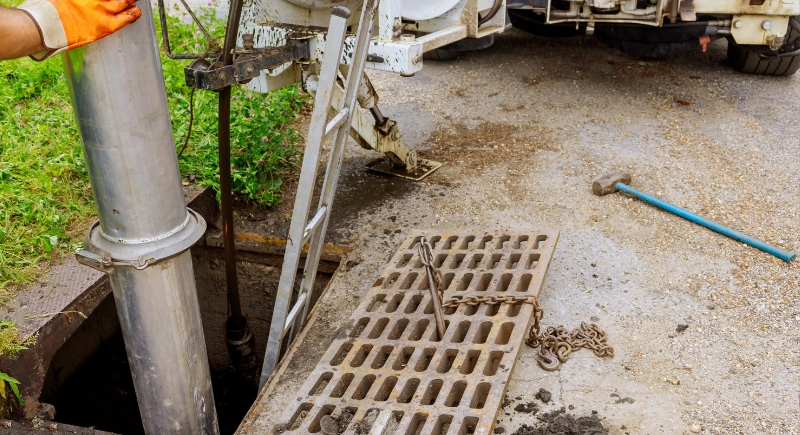
Credit: Canva
Water bills don’t always include sewer and waste costs. In some areas, you’ll pay separate fees for sewage treatment, garbage collection, and stormwater management. Cities may calculate these charges by household size, lot size, or even roof area. That’s not pocket change, so ask whether these services are bundled or billed separately. The difference could mean an extra $50 or $100 a month, which adds up quickly over time.
Have Utility-Related Repairs Been Done Recently?

Credit: Canva
You move in, and a few months later, the city inspector shows up. It turns out the last owner added new wiring without a permit. Now it’s your problem. To avoid this mess, always ask if major utility work, like plumbing or HVAC, was done by licensed contractors with the proper paperwork. Those permits and receipts can save you from costly surprises.
How Fast Do Utility Companies Respond To Problems?
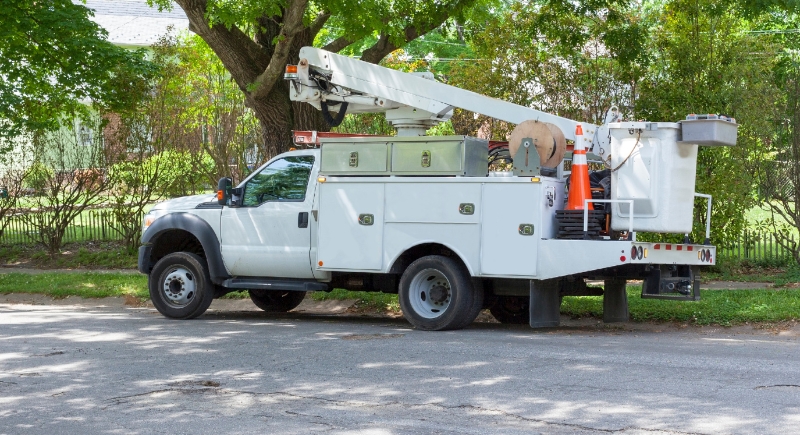
Credit: Getty Images
An outage is one thing, but waiting three days for service is another. Ask the sellers or neighbors about their experiences with the local providers. Do crews respond quickly when power lines fall, or does everyone just buy generators? Are water main breaks fixed overnight or stretched over weeks? Knowing the track record of local companies helps you prepare for life in the neighborhood and avoid unexpected downtime.
Will I Need Extra Equipment To Manage Utilities?

Credit: Getty Images
Some homes run smoothly as they are, while others need a few add-ons to function well. Hard water may require a softener, weak Wi-Fi might benefit from a mesh system, and older wiring often calls for surge protection. These aren’t major obstacles, but they do add to the cost of moving in. Ask the seller about any quirks so you know ahead of time what extra equipment, if any, will be needed.
What Internet Providers Serve This Address?
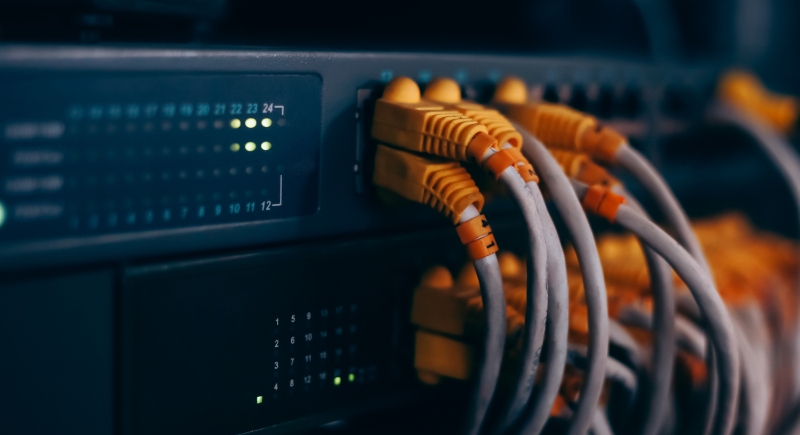
Credit: Canva
The quality of internet service depends heavily on location. One block might have fiber connections, while another is limited to older DSL lines. In some rural areas, satellite may be the only option. Instead of taking a seller’s word for it, check directly with providers and compare what’s actually available at the property. If fast, reliable internet is important for work or daily use, this step should be high on your list.
Could Future Renovations Get Complicated By Utilities?

Credit: Canva
Plans like adding a bathroom, finishing the basement, or installing solar panels depend on whether the existing utilities can handle the extra demand. Shared lines, old wiring, or a full electrical panel can make upgrades difficult and costly. Ask how the systems are set up and whether they leave room for expansion. It’s the simplest way to know if the house can grow with your needs.